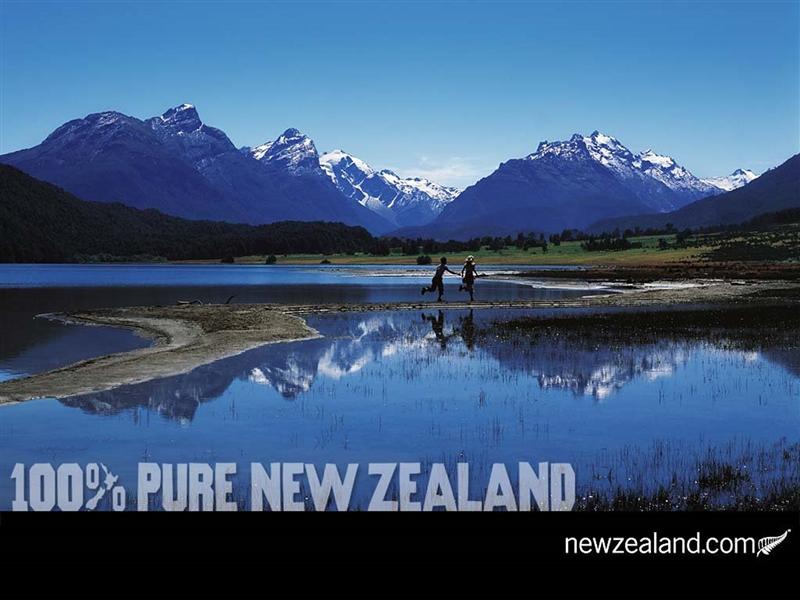Originally published on stuff.co.nz….
Some of New Zealand’s top thinkers are gathering this week to advance Sir Paul Callaghan’s vision of making New Zealand “a place where talent wants to live”.
The Forum, known as the Transit of Venus, coincides with an astronomical event of the same name.
To mark the Forum, we’ve asked some of the speakers to answer the question:
By 2022, New Zealand must. . .?
Economist and author Gareth Morgan writes by 2022 New Zealand must ensure polluters face the costs of their actions.
How can we restore and enhance our environment?
The recent report from WWF (pdf) illustrating how New Zealand has failed to meet commitments made on the environment is a good place to start. Either don’t make promises you cannot keep or if you do want to be one of the nations providing leadership on this subject, then try keeping your word.
Whether its species protection, carbon emissions, freshwater, or fisheries – New Zealand’s mouth is bigger than its bite it seems. That’s a serious indictment given we use clean, green and “NZ Pure” all as branding banners internationally, where we punch above our weight in terms of sounding off about the environmental values we hold dear.
The reality needs to catch up with the sloganeering. Having said that, there are plentiful efforts being made across the country by many – towalk the talk of conservation. And the Department of Conservation of course is the government’s main vehicle for effecting conservation and its achievements countfor a lot.
But the problem lies with the claims of politicians mouthing on that we’re committed to this or to that, when the reality is the politicians do not ensure these declarations have substance. On that count then we are a failure, and the political salesmen an embarrassment – and this is the WWF charge.
Where from here?
The reality is that economic development and population growth can impart environmental damage. Choosing how much damage we are prepared to tolerate as a society, being clear on that and ensuring we don’t exceed those undertakings, is important – not least to our credibility given we’re so boastful of our environmental credentials.
And as the pressure on the world’s resources continues to mount, this credibility will become ever more important – not least for tourism, our ongoing reliability in international treaties generally, and making New Zealand a place talent would choose to live. In short we cannot be two-faced.
The good news is that increasingly economic development is synonymous with environmental promotion. This is especially the case as the measure of economic development moves away from GDP and toward well-being (of which GDP per head is just one component).
Consumers the world over, as the pressure comes on the environment, are voting with their wallets – choosing products that have sustainability accreditation, opting to minimise their carbon footprints, and shunning products from environmentally-harming corporates.
The ability of consumers however to choose in accordance with these preferences is very much a function of the quality of information they can access, and this area remains variable.
Mobile internet offers considerable scope for consumers to improve their discretion at the point of purchase – but there’ a long way to go. But what we should not forget is – as consumers bicycle around Beijing with face masks on to save their lungs – the consequences of unfettered industrial production are becoming obvious to more and more people the world over.
From the perspective of policymakers the challenge is to oversee more internalisation of the cost of damaging the environment, to ensure the polluters themselves face the costs that historically have been picked up by society through local authorities and central government. Pollution charges, like taxes on emissions are ways to extend this accountability.
But conservation itself has a cost of course – for every patch of bush we lock up there are benefits for sure, but there are costs in terms of the opportunities forgone. It is a question of revealing fully the costs and benefits to those making the decision whether to clear the land or not, so they cannot ignore the consequences of their actions.
Only then can the resource be properly priced so conservationists face the true cost of our actions. Government would really start to walk the talk if it levied – on behalf of the public – a charge for direct environmental degradation. Conservation would then become a more competitive alternative.
Now that would be progress.

